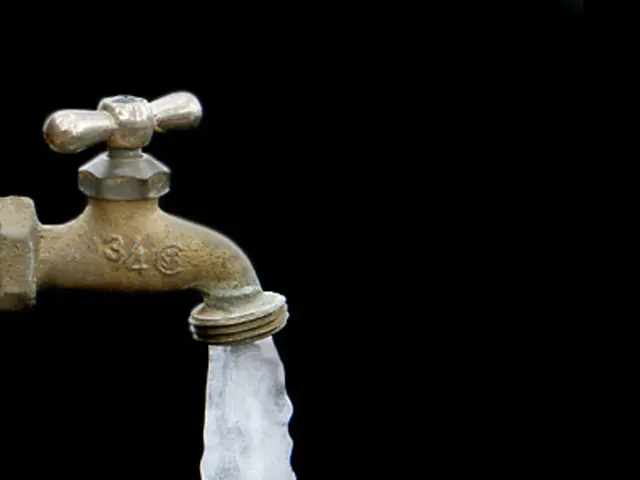Rich Folks Are Accelerating Climate Crisis Through Excessive Consumption
New data analysis by Oxfam reveals that wealthier individuals are contributing to global warming at an alarming rate. In 2019, the richest 1% of the world's population produced as many climate-damaging greenhouse gases as the 5 billion people in the lower two-thirds of the global population.
The Oxfam report, titled "Climate Equality: A Planet for the 99 Percent," highlights the correlation between private income, wealth, and greenhouse gas emissions. Excessive air travel, larger homes, and other environmentally damaging consumption habits contribute to the carbon footprint of the wealthy. This disproportionate consumption has severe consequences, with climate change threatening the livelihoods of billions of people worldwide.
The Impact of Wealthy Consumption Habits
- Climate-Damaging Emissions: The consumption behavior of the wealthiest 1% produced 16% of global emissions in 2019, more than double the emissions caused by the poorer half of the world's population.
- Disparities in Emissions:
- The world’s richest 10% accounted for around half of all greenhouse gas emissions in 2019.
- In Germany, the richest 1% emitted an average of 83.3 tons of CO2 per capita, more than fifteen times that of an individual in the poorer half of the country (5.4 tons of CO2 per capita).
- Carbon Aristocracy: The "carbon aristocracy" refers to the wealthy elite whose high CO2 emissions contribute significantly to climate change. Collectively, these individuals would make up the second-highest CO2 emitting country in the world, following only China.
Solutions for Addressing Climate Inequality
- Carbon Taxes: Oxfam and other organizations propose a carbon tax targeting luxury-related emissions. This would help distinguish between essential and unnecessary emissions and address unequal climate contributions.
- International Cooperation: Given the mobility of wealthy individuals and the cross-border nature of their emissions, international cooperation is crucial in implementing carbon taxes and other climate justice measures.
- Advocacy for Climate Equity: Organizations like Oxfam advocate for nations to take equitable action in reducing emissions, supporting the Paris Agreement, and driving investments in climate finance.
- Supporting Vulnerable Communities: Oxfam collaborates with communities at risk, such as farmers in Mali and Sierra Leone, to help them develop resilient agricultural practices against climate change.
- Pressuring Polluters for Compensation: Oxfam champions the idea of holding polluters accountable by demanding they compensate nations affected by climate change and promoting the use of public grants for climate funds rather than loans.
- Adopting Sustainable Lifestyles: Individuals can contribute to reducing emissions by making eco-friendly choices, such as lowering air travel, biking, and adopting plant-based diets.
By tackling the carbon footprint of wealthier communities, organizations like Oxfam aim to create a more equitable distribution of the remaining carbon budget and reduce global climate change impacts. The UN calls on wealthy nations to act immediately and address climate inequality, with Oxfam's report serving as a stark reminder of the role played by the wealthy in contributing to climate change.








